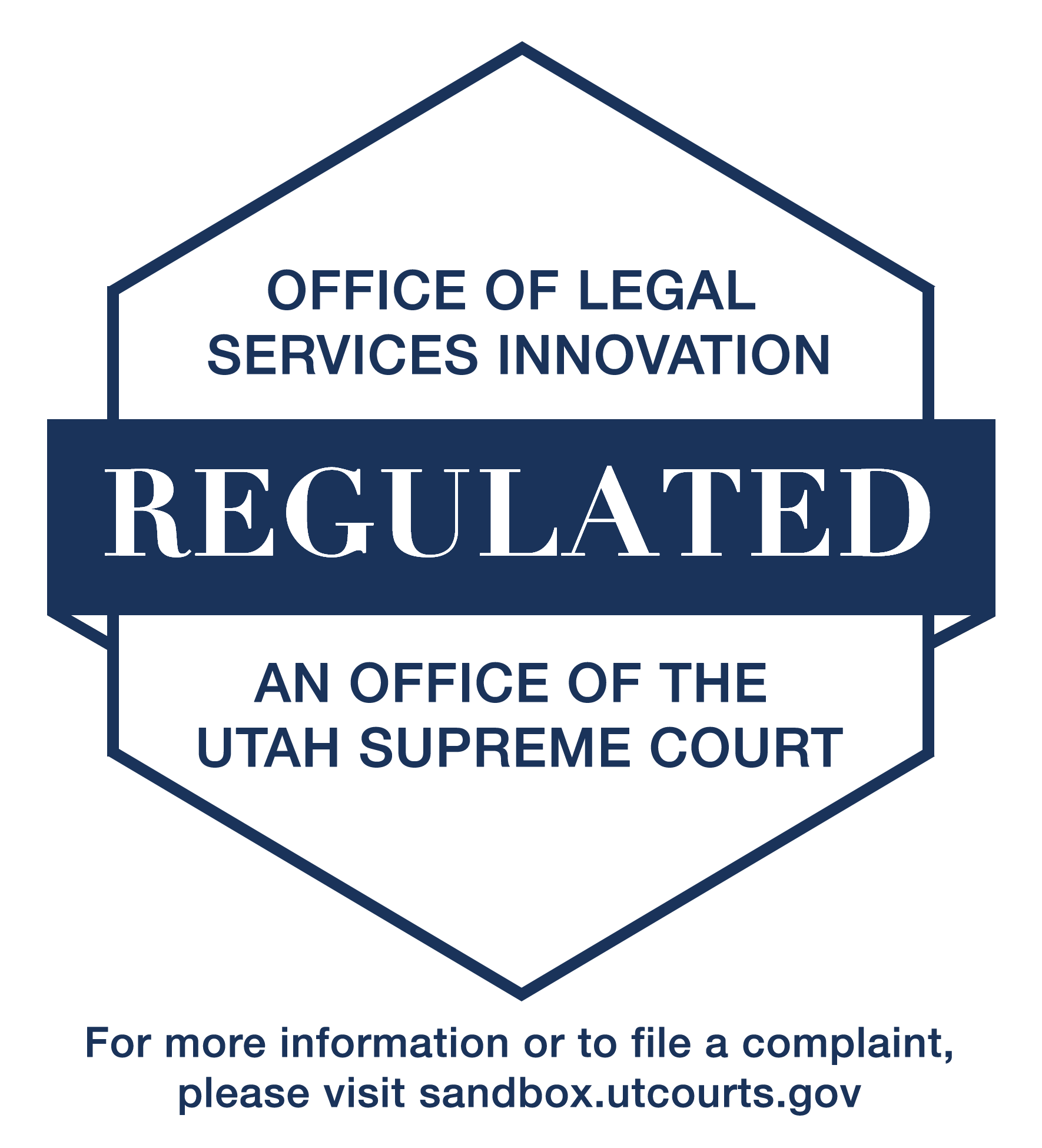Generally
A contract is a promise that when broken, a remedy is provided at law (usually monetary). Essentially, some promises go beyond promising to return your neighbor’s DVD’s. The law governing contracts can be found in the common law as well as Article 2 of the Uniform Commercial Code. There are three types of contracts that essentially make up the legal theory regarding contract liability:
- Express
– This is a type of contract that is made up of language indicating some type of agreement between the parties and is usually in writing. - Implied
– This is a type of contract is inferred by the conduct of the parties to the agreement. For example, it is unlikely that a party would paint his/her neighbor’s house without some type of agreement, so even if the agreement is not boiled down to words, the painter is still entitled to some type of recovery. - Quasi-Contract
– This isn’t really considered a contract, rather, this is a prevention of unjust enrichment on the part of one of the parties to the agreement. For example, if person A agrees to build a garage for person B, and person A completes only half of the work, person A cannot recover the entire amount of the contract, but only the benefit the person B received (one half).

